דיוקן המבקר כאיש כנסייה: יוזף רצינגר והקתוליזציה של הפרויקט המודרני
כרמה בן יוחנן
המאמר עוסק במבטה האמביוולנטי של הכנסייה הקתולית בת זמננו על שאלת הקשר בין הנצרות ובין המודרניות החילונית, כפי שאמביוולנטיות זו באה לידי ביטוי בהגותו של התיאולוג, איש ההיררכיה הכנסייתית והאפיפיור יוזף רצינגר, או בשמו האפיפיורי בנדיקטוס השישה-עשר (2005–2013). רצינגר מבקר את מערכת היחסים בין הכנסייה לחילוניות האירופית ומציע מודל חדש של חלוקות עבודה בין מאמינים לחילונים. במערכת יחסים זו לביקורת יש תפקיד מפתח בכינונו של דיאלוג בין "שתי התרבויות הגדולות של המערב: תרבות האמונה הנוצרית ותרבות הרציונליות החילונית".
במאמר אני טוענת כי רצינגר קיבל את הביקורת הנאורה על הכנסייה והוא חושב מתוך מסורת קתולית שכבר עברה תהליך עמוק של מודרניזציה. בד בבד, המאמר מראה כיצד דווקא כהוגה שממוקם היטב במחשבת הנאורות, רצינגר מבקר את הנחות היסוד שלה מנקודת מבט קתולית שמרנית. הוא אינו מצביע על כשלי הנאורות על מנת להשיב את האנושות לעידן שקדם לה; להפך, ברוח הגותו של הברמס, שעימה הוא מנהל דיאלוג, הוא מבקש לתקן את הנאורות ולחזק אותה. הוא עושה זאת, לטענתי, באמצעות חשיפת התשתית התיאולוגית של תפיסות האדם והחברה החילוניות ועיצובן מחדש לאור הדוקטרינה והמסורת הקתוליות. באמצעות תיקון המושגים המחולנים בשורשיהם התיאולוגיים רצינגר מבקש לעדכן את הנאורות לאור הנצרות וליצור מרחב סקולרי ותבוני על אדני האמונה הקתולית. זהו המאמר הראשון בעברית המוקדש להגותו של תיאולוג רב-השפעה זה.


